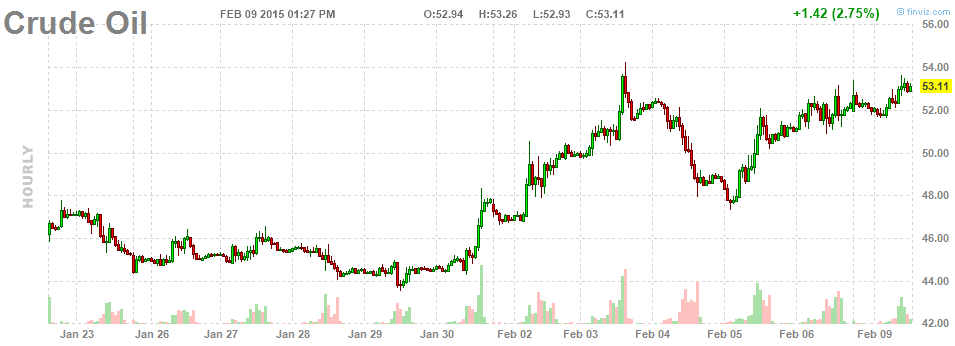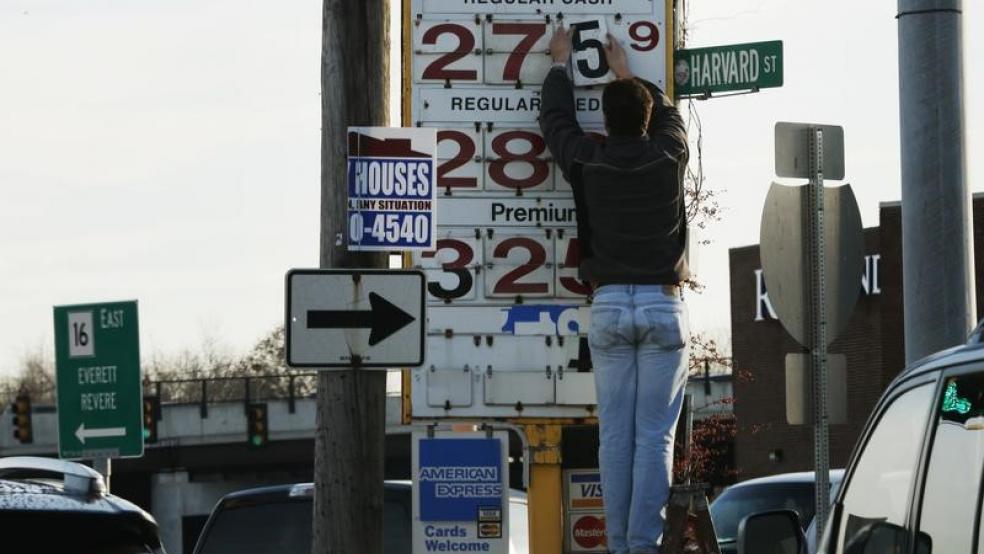Oil prices are heading lower.
In a note Monday, Ed Morse, global head of commodity research at Citi, wrote that with evidence of oversupply in the oil market, the bottom is not yet in for oil prices.
"It’s impossible to call a bottom point," Morse wrote, "which could, as a result of oversupply and the economics of storage, fall well below $40 a barrel for WTI, perhaps as low as the $20 range for a while."
Related: Oil Prices: 5 Things You Need to Know Now
"The oil market should bottom sometime between the end of Q1 and beginning of Q2 at a significantly lower price level in the $40 range — after which markets should start to balance, first with an end to inventory builds and later on with a period of sustained inventory draws," Morse wrote.
Citi is forecasting that Brent crude will average $54 a barrel in 2015, down from their previous call of $63 per barrel.
Last week, Brent technically entered a bull market after rallying more than 20% from its lowest point.
"Crude supply from OPEC members like Venezuela and Nigeria will eventually plunge because up to half of the world's oil production at current prices below $50 a barrel is not sustainable," Morse wrote. But with countries like Brazil, Russia, and Iraq pumping record levels of oil, "crude supply has significant momentum as prices above operating costs mean there is little reason to pull back output," he said.
"Citi believes a W-shaped path most likely, with the 'Call on Shale' replacing the traditional 'Call on OPEC' as a new barometer — with low prices squeezing shale oil output growth and a price recovery resulting in a robust US supply response creating another price dip and a recovery to a new equilibrium level," Morse wrote.
Related: Oil company CEOs likely to avoid big hit to compensation – for now
West Texas Intermediate crude oil was trading at around $53.50 a barrel near 2:15 p.m. ET on Monday, up more than 3.5%.
Earlier, oil-producing cartel OPEC forecast in its monthly report that demand for crude will rise this year more than previously expected, and supply from non-member countries would decline, according to Reuters.
Here's the rally in WTI that has advanced it by nearly $10 per barrel since late-January.

This article originally appeared in Business Insider.
Read more from Business Insider:
How overworked Americans killed RadioShack
The highest-paying jobs at Google
Republicans say Hillary Clinton's 2016 Campaign is already falling apart

